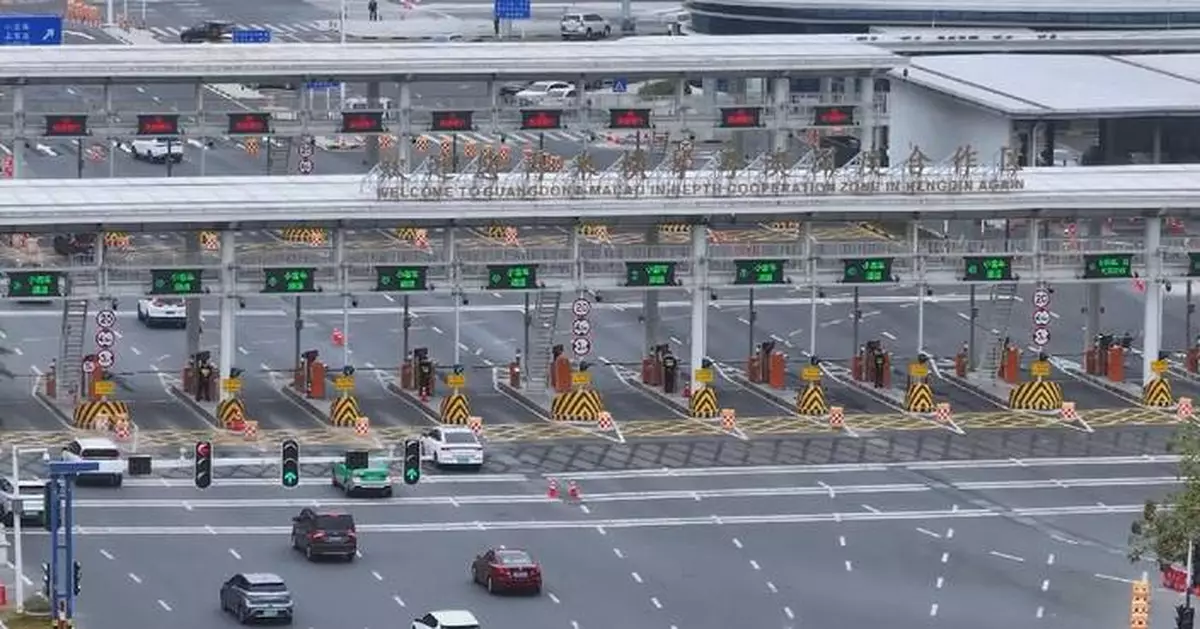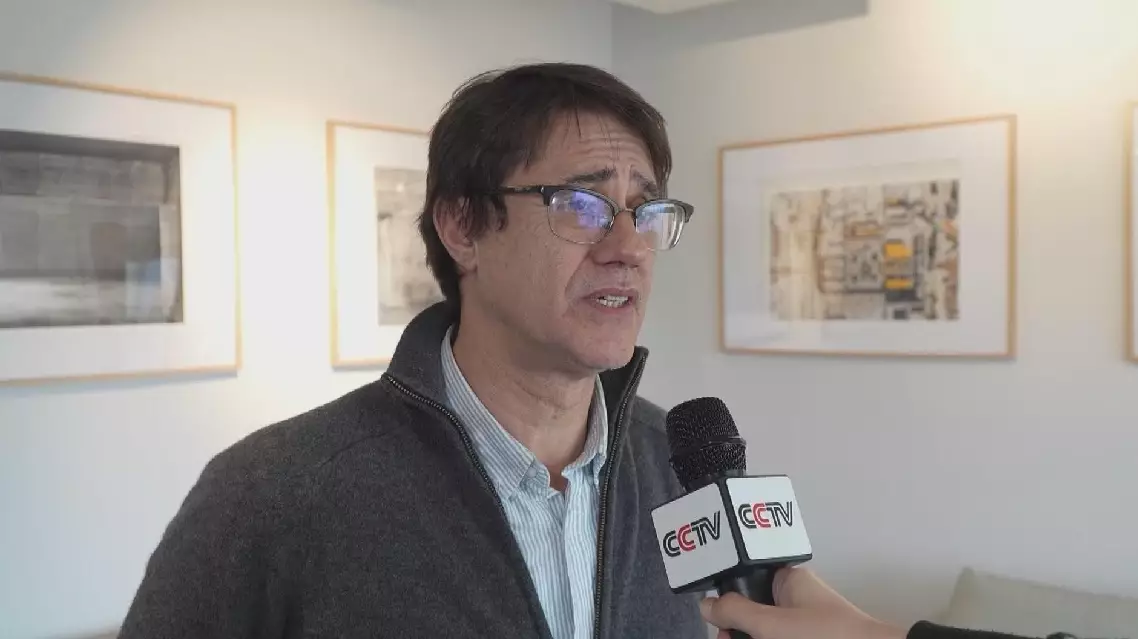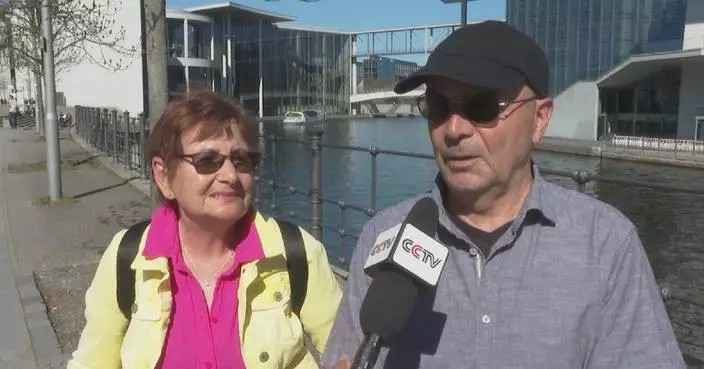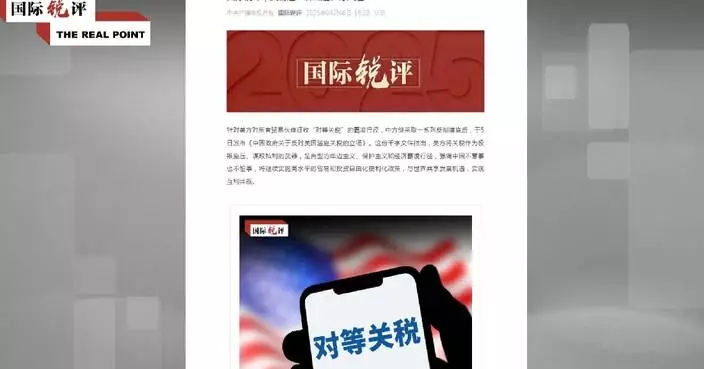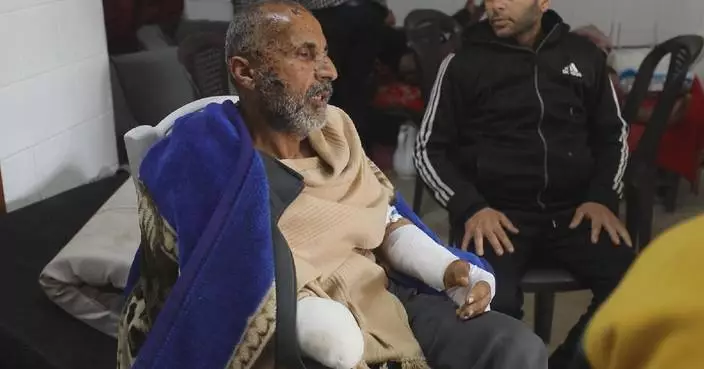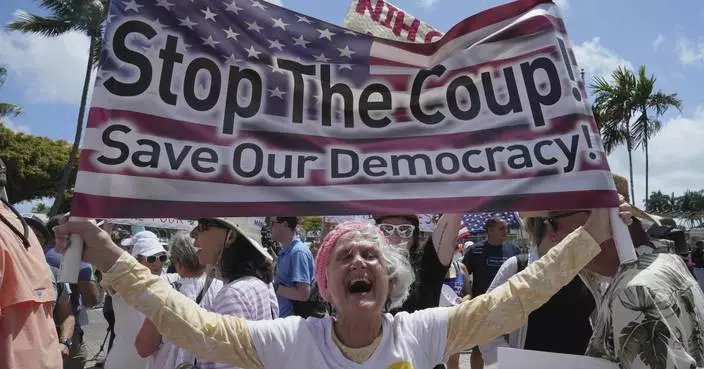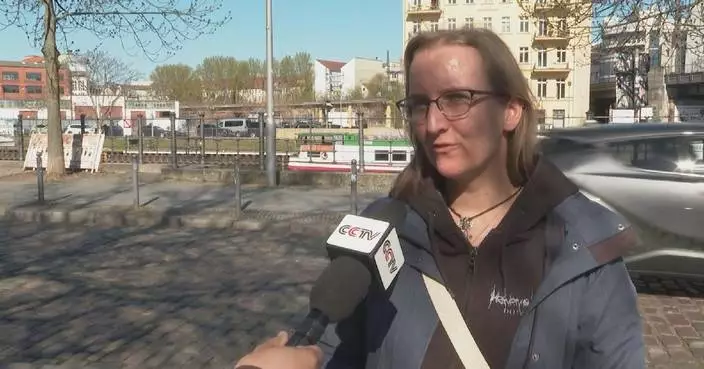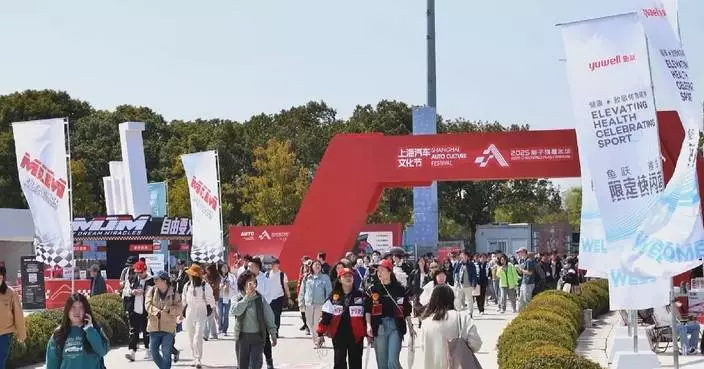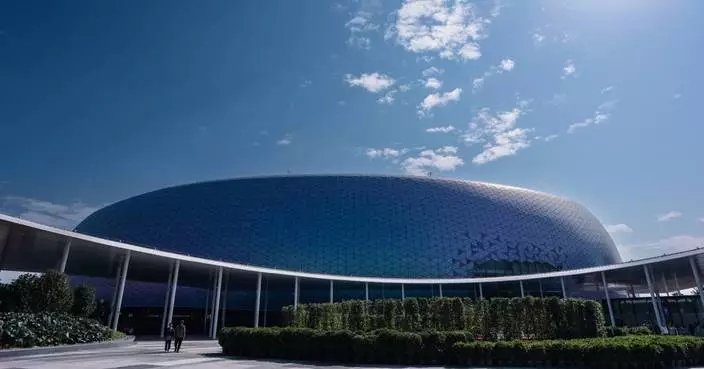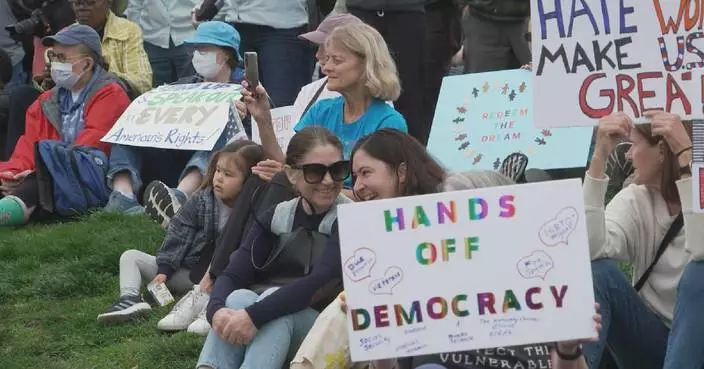The "one-hour living circle" project in the Guangdong-Hong Kong-Macao Greater Bay Area has promoted integration of southern China's cities, and is expected to create more business opportunities and enhance convenience of life.
The project aims to connect major cities in the area with bridges, tunnels and easier border crossing procedures, reducing travel time around the area to about one hour.
Vincent Lam, a Chinese medicine entrepreneur in Macao, has invested in the Hengqin Guangdong-Macao In-Depth Cooperation Zone in Zhuhai, one of the 11 cities in the area.
Hengqin Island began closed-loop customs operations in March, offering tax exemptions for certain goods. Lam said the convenient transportation and favorable policies attracted him to operate one of nearly 6,000 Macao enterprises in this area.
"On one side, it's very close to Macao, it's easy to get to the Belt and Road, Portuguese cities. The cost [here] is lower, the intangible assets for us are more, because here, it's a very big market, I can do online selling, it's much easier, there's huge potential," he said.
Lam's decision also helped create a new cross-border family: Vincent has since married his girlfriend from Zhuhai and started a new life in Hengqin.
"I had two kids in two years. They are really the new generation [of Macao people] to be born in Hengqin, and grow up in Hengqin," he said.
More than 20,000 people from Macao now live in Hengqin, up 20 percent from last year.
Thanks to the Northbound Travel Scheme, Hong Kong and Macao residents can travel more conveniently to the mainland via the Hong Kong-Zhuhai-Macao Bridge. Travelers said they expect more communication and a more convenient life in the "one-hour living circle."
"Hong Kong has been back for many years now, and we are a family, after all. The 'one-hour living circle' has been discussed for years, it's finally become a reality. I think it's a breakthrough for domestic circulation," said Stanley Yip, a visitor from Hong Kong.
"We booked a villa for the whole group of friends. We are excited to spend the night here and shop," said Fione Chan, a visitor from Hong Kong.
"We have felt more connected to the mainland in recent years, with new opportunities emerging. I hope for more cultural exchanges and other collaborations, so we can grow stronger together," said Ray Lam, another visitor from Hong Kong.
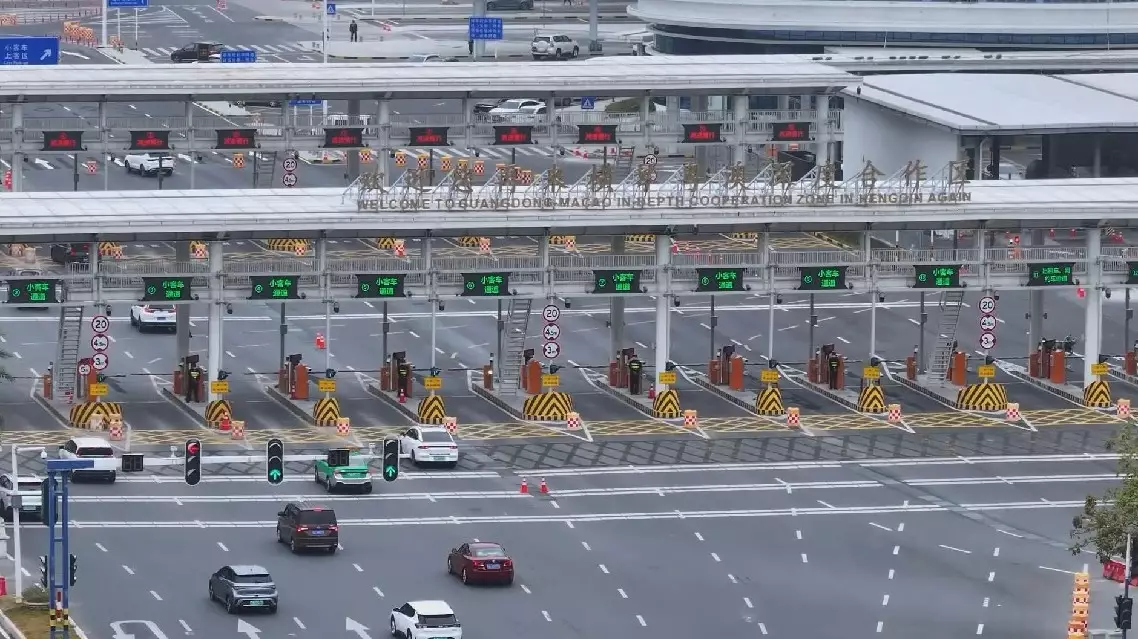
"One-hour living circle" drives Greater Bay Area integration


